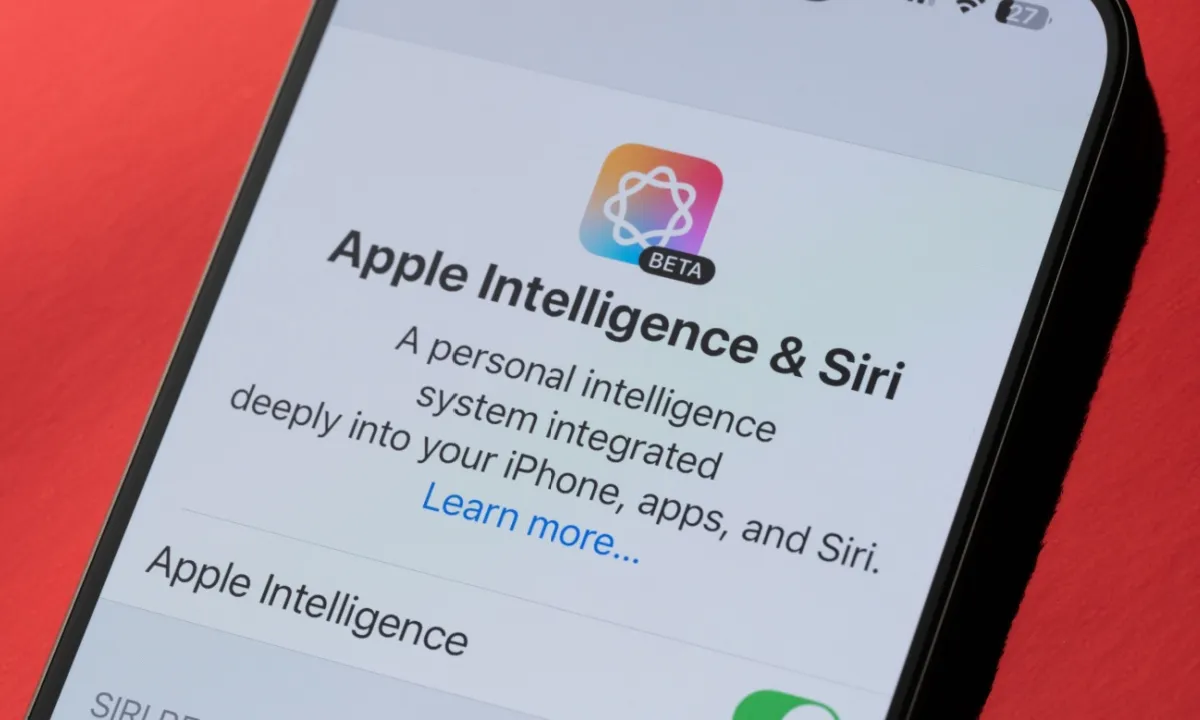
Wafricnews - June 10, 2025
Apple may be one of the most powerful names in tech, but even it can’t escape the unpredictable pace of artificial intelligence.
Apple may be one of the most powerful names in tech, but even it can’t escape the unpredictable pace of artificial intelligence.
At this year’s Worldwide Developers Conference (WWDC), the iPhone maker admitted that its highly anticipated upgrade to Siri, first announced last year, is still not ready for launch. The feature, meant to make Siri more personal and intelligent using advanced AI, has been delayed—again.
“This work needed more time to reach our high-quality bar,” said Craig Federighi, Apple’s Senior VP of Software Engineering.
The delay is a telling reminder that while AI is advancing rapidly, its development is neither linear nor easily managed—even by tech giants.
AI Is Evolving Faster Than Tech Timelines Can Handle
Unlike smartphones or software updates, which follow an annual rhythm, AI models evolve chaotically—sometimes in weeks, sometimes in months. That unpredictability is part of what makes building consistent, stable products so difficult.
“AI models are launching far, far faster than once a year,” said Oren Etzioni, former CEO of the Allen Institute for AI. “They’re opaque, unpredictable, and difficult to measure.”
It’s a reality that’s affecting other major players, too. OpenAI’s GPT-5 and Meta’s next Llama model have also faced delays, despite the hype.
Meanwhile, adoption is accelerating globally. In 2024, 78% of businesses reported using AI, up from 55% the year before, according to Stanford’s AI Index Report 2025. That surge in use has raised expectations, but it hasn't made development any easier.
One of AI’s biggest challenges is that progress doesn’t always come with a clear product or flashy feature. A model might improve its language reasoning but become worse at user interaction. A tweak in performance can lead to bizarre behaviors—like Grok, Elon Musk’s chatbot, going on unsolicited political rants.
Tech analyst Leo Gebbie notes that AI progress is becoming “incremental and harder to present to customers as really significant changes.”
This creates a new kind of problem: consumers don’t always notice AI getting better, but they’re quick to react when it fails.
Unlike smartphones or social media platforms, where early dominance leads to lasting market power, AI may play out differently.
“It won’t be a winner-takes-all market,” said Professor Daniel Keum of Columbia Business School.
In Africa and other regions still expanding digital access, this could level the playing field. AI tools don’t require all your friends to be on the same platform—what matters is how well they serve you. Whether you're in Nairobi or Lagos, Cape Town or Cairo, you’ll likely use whichever AI assistant understands your needs best, not the one with the biggest global user base.
That’s good news for Apple. With its ecosystem—iPhones, AirPods, Apple Watch—it has a built-in advantage when it’s ready to launch the new Siri.
In AI, being first doesn’t guarantee staying ahead. And falling behind doesn’t mean you're out of the race.
“Even if I fall behind a quarter generation, I can easily catch up,” Keum explained. “Once I improve, people will come back.”
That’s a very different reality from past tech waves, where the early winners locked out competitors for a decade or more. In the world of AI, the game is still wide open—and that may ultimately benefit both users and innovators, wherever they are in the world.
By Wafricnews Desk.
By Wafricnews Desk.


Comment
To post a comment, you have to login first
LoginNo Comments Yet...